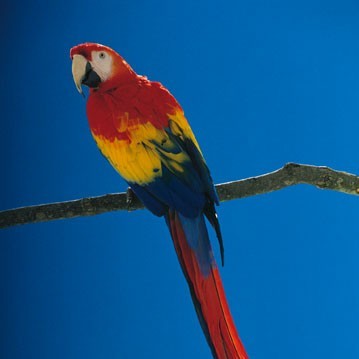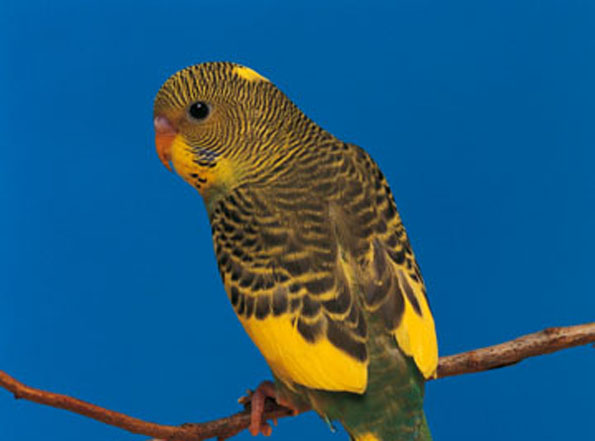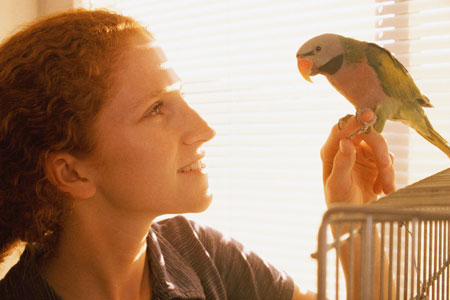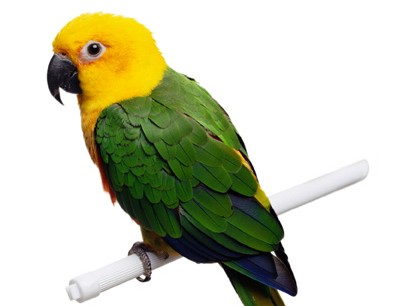Avian & Exotic Pet Medicine and Surgery
Home » All Services » Avian & Exotic Pet Medicine and Surgery
**We are currently unable to accept new avian and exotic patients. We can continue to serve our existing patients who have been seen in the last 2 years.**
Dr Melanie Conard has extensive interests in treating avian, exotic and pocket pets. She has experience in rabbits, guinea pigs, hamsters, mice, rats, birds, lizards, snakes, and ferrets among others. If you are curious as to whether our doctors would be able to treat your specific exotic pet, please call our office at 250-652-9700 and our receptionists will be able to answer any questions you may have.
Did you know budgies, parrots and songbirds require regular veterinary attention too?! We advise yearly visits to the vet for your feathery friends. During their yearly check up we will examine your bird’s beak, nails and feathers to determine if they require any specialized attention. Some birds require more frequent examinations.
Note: a bird that doesn’t groom itself correctly and exhibits a ruffled, un-kept look associated with its feathers is usually a sick bird and should be examined as soon as possible by a veterinarian.
Unfortunately we are not equipped to see farm animals or horses.

Clipping a bird’s feathers can protect your bird and your home. Wing clipping is a nonpainful procedure that ensures the safety of your bird in its environment and keeps your bird from chewing holes in your doors and window frames. It limits your bird’s ability to fly, removing the risk of injury from flying into a ceiling fan, onto a hot stovetop, or into (or out) a window.
Having your bird’s feathers professionally clipped helps ensure that the right feathers are removed without irritating the skin. Improperly clipped wings can cause your bird to pluck or chew its feathers. In addition, inexperienced wing clipping can result in a blood feather being accidentally trimmed, a situation that can become life-threatening. We can perform this procedure safely while preserving the aesthetic appearance of your bird. Please feel free to call us to discuss this option, as well as any concerns you might have, or to set up an appointment.

Most birds need to have their nails trimmed regularly. However, the process can be detrimental to your bird if its nails are trimmed too short. We can take care of this procedure for you so that you don’t have to worry about nicking the blood vessels inside the nails. Call us if you’d like to schedule an appointment.
Be careful if you perform this procedure at home. In fact, we only suggest that you attempt this at home if your bird is small and has white nails (which allow you to see the blood vessels). We also suggest you keep a caustic agent, such as styptic powder, on hand in case a nail bleeds.
Providing perches with rough surfaces can help reduce the frequency of nail trimming, but do not use sandpaper perches. They don’t wear down the nails and can cause skin problems.

Unfortunately, relying on physical appearance is not an accurate method of determining the sex of many birds. We can reliably tell you your bird’s sex by performing a laparoscopy. This technique involves making a minor incision while the bird is anesthetized and using a small camera to visualize the bird’s internal sex organs. Although other methods of sexing are available, they are less reliable. Please let us know if you have any questions about laparoscopy or other sexing procedures.

Beaks continue growing throughout birds’ lives. Although birds’ beaks usually wear evenly, some birds develop beak problems and require veterinary assistance. Trimming its beak incorrectly can cause your bird pain and may prevent it from eating, which is why we recommend having your bird’s beak professionally trimmed. Do not attempt to trim your bird’s beak at home. Call us to schedule an appointment.




